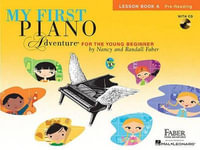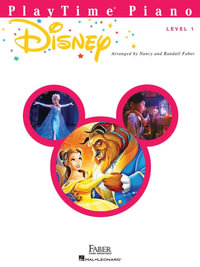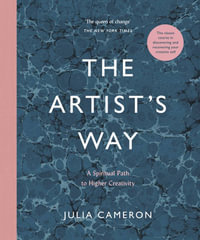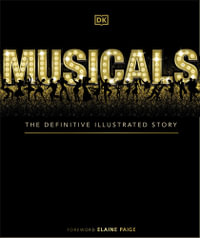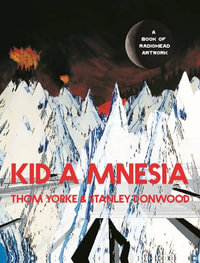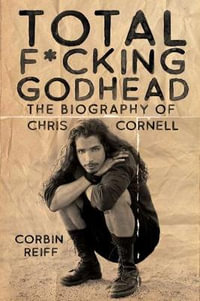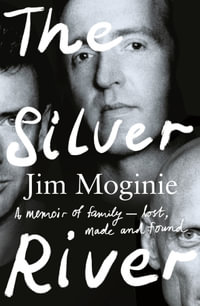William Kinderman's detailed study of Parsifal, described by the composer as his "last card," explores the evolution of the text and music of this inexhaustible yet highly controversial music drama across Wagner's entire career. This book offers a reassessment of the ideological and political history of Parsifal, shedding new light on the connection of Wagner's legacy to the rise of National Socialism in Germany. The compositional genesis is traced through many unfamiliar manuscript sources, revealing unsuspected models and veiled connections to Wagner's earlier works. Fresh analytic perspectives are revealed, casting the dramatic meaning of Parsifal in a new light. Much debated aspects of the work, such as Kundry's death at the conclusion, are discussed in the context of its stage history.
Path-breaking as well is Kinderman's analysis of the religious and ideological context of Parsifal. During the half-century after the composer's death, the Wagner family and the so-called Bayreuth circle sought to exploit Wagner's work for political purposes, thereby promoting racial nationalism and anti-Semitism. Hitherto unnoticed connections between Hitler and Wagner's legacy at Bayreuth are explored here, while differences between the composer's politics as an 1849 revolutionary and the later response of his family to National Socialism are weighed in a nuanced account. Kinderman combines new historical research, sensitive aesthetic criticism, and probing philosophical reflection in this most intensive examination of Wagner's culminating music drama.
Industry Reviews
"William Kinderman's excellent new book draws upon decades of study, speaking and writing; long experience tells in mastery of multifarious sources, as indeed it did in Wagner's own case." --Mark Berry, Nineteenth-Century Music Review
"I am eager with anticipation of this new book and will carry it with me for years to come!"
--Eric Halfvarson, bass
"The best of the bicentennial books that I have examined...Elegantly written, drawing from cutting-edge scholarship and historical sources, Kinderman's study probes the genesis, literary roots, music and afterlives of Parsifal along with its many contradictions, chief among them that a work centering on compassion and reconciliation was one from which Hitler drew inspiration." --Marion Lignana Rosenberg, WQXR Operavore
"William Kinderman points out, in his new book on Wagner's Parsifal, that the opera is arguably the 19th-century musical/dramatic work with the richest trove of documentary sources-sources that can enable us follow its creation with unprecedented precision...Kinderman is the first scholar to master all this material, even including numerous snippets of manuscript that Wagner cut out of his main working sheets as he thought of new musical ideas.
Kinderman tells a fascinating, if intricate story--a story told here fully for the first time, and one in which a deft combination of source study, analytical skill, and a deep understanding of Wagner and his work
all illuminate the opera in fresh and engaging ways. This is a welcome, and musically sensitive contribution to Wagner scholarship." --Patrick McCreless, Yale University
"It is to the great credit of William Kinderman, the distinguished musicologist and pianist at the University of Illinois who is an eminent authority on Beethoven, that he tackles the many problems associated with Parsifal head-on... An enormously enlightening book." --Wagner Notes
"Kinderman has given us a most comprehensive analysis of this complicated work." --Wagneropera.net
"[E]xcellent throughout, and... written in a clear, engaging style. Highly recommended." --CHOICE
"[T]his is a fascinating and well-written study of Wagner's finalmasterpiece."--Music and Letters




